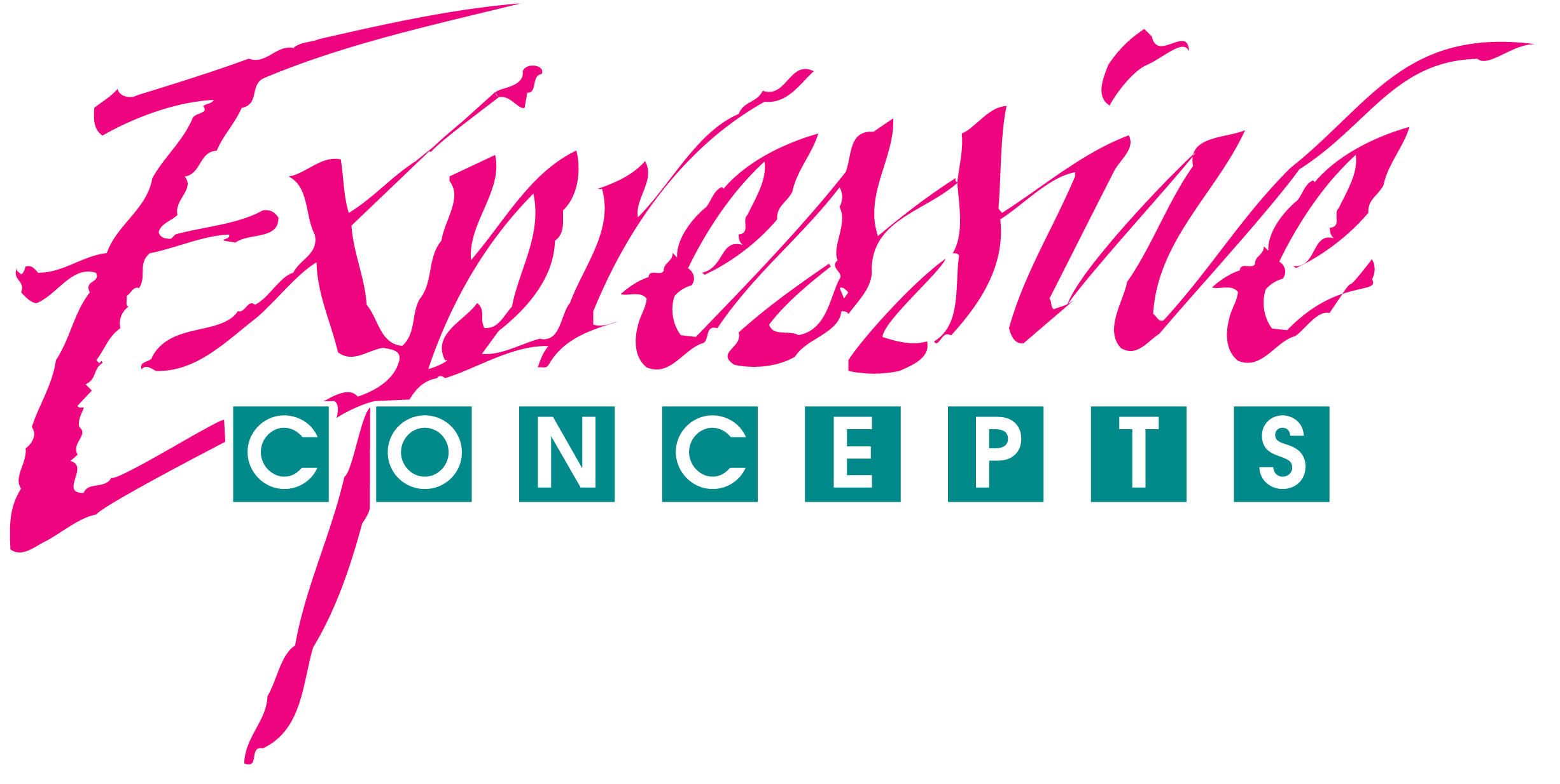1. Providing employees with coaching or feedback can be intimidating for leaders, but you can overcome those fears. Perhaps the employee is already working with an Executive Coach. Or, perhaps not. Regardless, it’s also YOUR responsibility to give feedback. Employees deserve praise, and they deserve to know when improvements should be made. Sure, this takes extra time and effort. Yet, when employees know how to do their jobs, they don’t need to bother you. If you need help to learn how to Coach Your Employees, then find it!
2. Don’t wait until an employee does something wrong to provide feedback. Provide positive reinforcement by complimenting the good things. Strong leaders show appreciation.
3. Give feedback immediately after the event. If it was good, you want the employee to remember what he/she did right. If it was wrong, you don’t want to give the person time to “forget” or make excuses.
4. Criticize in private. Employees listen better if their co-workers aren’t walking by.
5. Don’t dwell on the negative. Briefly tell the employee what he/she did wrong. Then move on. Spend your time providing solutions.
6. Ask for suggestions. After telling employees what they did wrong, ask them for ideas on how the situation could’ve been handled better. If employees think of the suggestions, they will remember them (and be more likely to use them in the future.)
7. Suggest alternatives. Don’t say, “there is only one right way to do this—my way!” If you can provide two or three different methods, then employees feel empowered to make their own decisions. Effective leaders empower employees and encourage them to take initiative.
8. Praise in public. Let everyone hear you say nice things. This not only encourages others to do well, it lets them know that good behavior is expected.
9. Be specific. Tell the person exactly what he/she did that was right or wrong. Then employees know what action or behavior to repeat.
10. Give rewards. These can be free (write them a note or put their name on the bulletin board); inexpensive (buy them lunch or a big cookie); or elaborate (a day off or a prize for employee of the month). Ask employees what prizes motivate them. You may be surprised by the answer.
You have permission to reprint and share. Please include this info: By Kelly Watkins, Global Thought Leader on Leadership Development, sharing perspectives from all 7 continents. Do you have Executive Professionalism™? Find out at www.ExecutiveProfessionalism.com.

Recent Comments